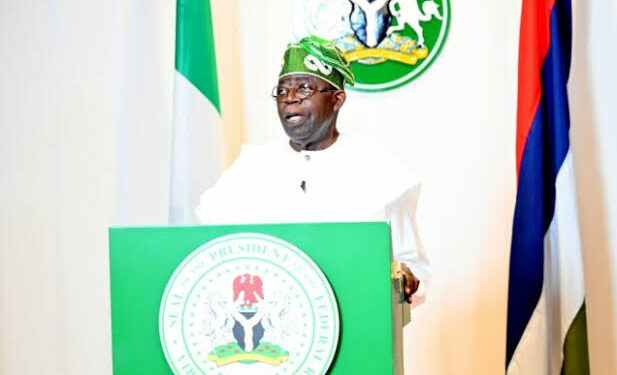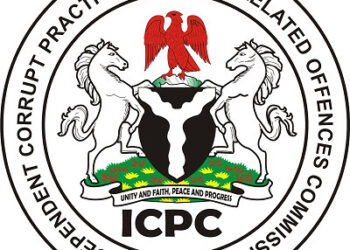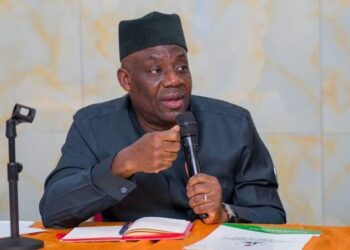Recent reports suggesting that Nigeria was overlooked in the 2024 United Nations Human Rights Council election have been addressed by Mr. Bayo Onanuga, the Special Adviser to the President on Information and Strategy.
In a statement released on Sunday, titled “Setting the Record Straight,” Onanuga clarified the situation surrounding Nigeria’s participation in the election.
He emphasized that Nigeria did not present itself as a candidate for this election cycle, just as it refrained from participating in the 2023 elections. This was notably when a Nigerian media outlet incorrectly reported that the country received three votes.
Onanuga remarked, “The same lie was rehashed in the erroneous report in circulation. Again, we restate that Nigeria was not on the ballot in the election held on Oct. 9.”

He elaborated that any votes attributed to Nigeria must have been mistakenly cast by certain nations during the secret ballot, as those countries may have presumed Nigeria was on the ballot.
For those familiar with the procedures involved in elections to international organizations, particularly the Human Rights Council, Onanuga pointed out that countries seeking positions typically require endorsements from regional blocs.
In this instance, he indicated that the Economic Community of West African States (ECOWAS) had endorsed Benin and Gambia for the upcoming term of 2025-2027.

Emphasizing Nigeria’s ongoing commitment to promoting African unity, he explained that the nation has chosen to support the endorsed candidates in order to strengthen collective African representation on the global stage.
“This has been the hallmark of President Bola Tinubu’s leadership on the continent,” Onanuga stated, further asserting that this strategic focus is in line with Nigeria’s historical diplomatic efforts to ensure that Africa presents a united front internationally.
Onanuga urged the media to verify their information before publishing, cautioning against the potential for misinformation. “There was no sign this was done with the Ministry of Foreign Affairs or our country’s mission in New York,” he noted.
He also stressed the importance of national pride, reminding Nigerians not to hastily criticize or undermine their country, especially in international affairs.

The statement concluded by noting that on October 9, the UN General Assembly elected 18 new members to the Human Rights Council for the term spanning from 2025 to 2027.
The nations selected to join the Council included Benin, Bolivia, Colombia, Cyprus, Czechia, the Democratic Republic of the Congo, Ethiopia, Gambia, Iceland, Kenya, the Marshall Islands, Mexico, North Macedonia, Qatar, the Republic of Korea, Spain, Switzerland, and Thailand.
Onanuga elaborated that the Council serves as an intergovernmental body within the UN framework, comprising 47 member states dedicated to promoting and safeguarding human rights globally.
He described the election process, which took place via secret ballot, and resulted in the selection of nations to fill three-year terms beginning January 1, 2025, thereby replacing outgoing members whose terms will conclude on December 31, 2024.
Among those exiting the Council are Argentina, Benin, Cameroon, Eritrea, Finland, Gambia, Honduras, India, Kazakhstan, Lithuania, Luxembourg, Malaysia, Montenegro, Paraguay, Qatar, Somalia, the United Arab Emirates, and the United States.
Onanuga also referenced a UN report indicating that Argentina, Cameroon, Eritrea, India, and Somalia, having served two consecutive terms, were ineligible for immediate re-election. Furthermore, nations such as Albania, Algeria, Brazil, China, Ghana, Japan, and South Africa will continue their tenure on the Council.
“In the African regional group, the endorsed candidates—Benin, Gambia, Kenya, DRC, and Ethiopia—successfully secured all five available seats,” Onanuga clarified. He noted that there was no competition within the African regional group, as the continent presented an equal number of candidates to the available seats.




































